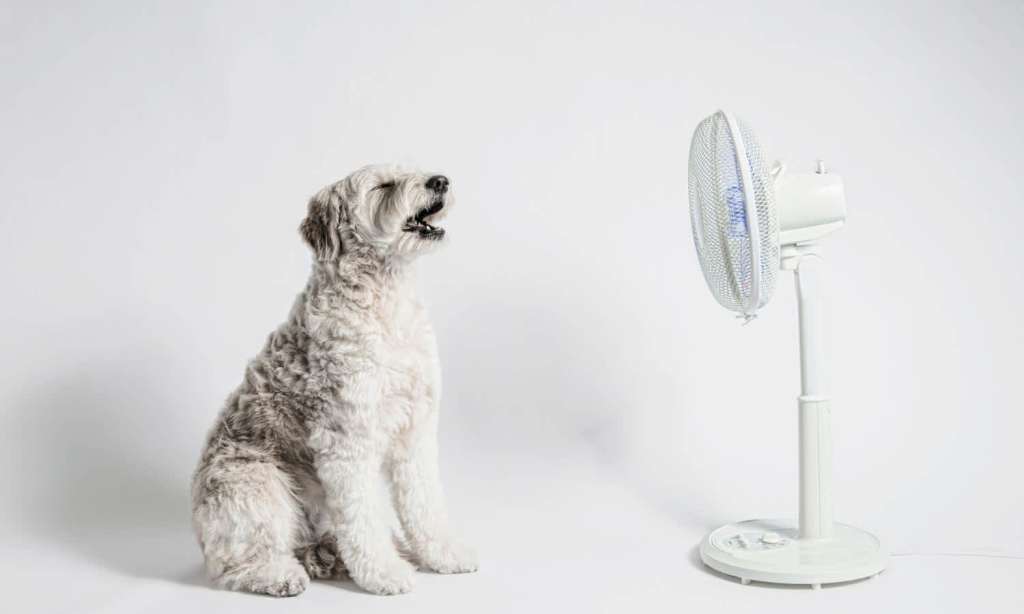Christmas may be over, but it looks like Christmas songs are still applicable. More specifically, the fact that yep, the weather outside is frightful.
Temperatures well into the 30s are forecasted across New South Wales, South Australia, Victoria, and Western Australia this coming week. With increased temperatures, comes increased health problems — including heatstroke.
“More Australians have died as a result of heatwaves than floods, bushfires or cyclones,” according to Janie McCullagh, Red Cross Regional Area Lead, First Aid and Mental Health.
Urging people to be prepared, McCullagh says to, “Keep cool, hydrated and know how to recognise the signs of heat-stroke.”
Here are some ways you can cope with the upcoming heatwaves:
Drink regularly
Whether or not you feel thirsty, keep drinking water. Try to avoid alcohol, tea, coffee and sugary fizzy drinks as they can make dehydration worse.
Eat smaller, more regular meals
This option is preferable to larger meals spaced out throughout the day. Red Cross also suggests trying to eat more cold food, specifically salads and fruit, as they contain water.
Stay inside
Find the coolest or shadiest rooms in your house — particularly during the hottest part of the day.
Take cool showers
Cool showers are the best options in a heatwave (unsurprisingly). If you’re looking to keep your water bill down, splash yourself with cold water several times a day, aiming for the face and the back of the neck. Get a loose cotton cloth, or scar, and dampen it then place it on the back of your neck to help you stay cool.
Get the airflow going
Whether or not you have an air conditioner, make sure there’s sufficient air circulation throughout your space. This can be done with aircon, a fan, or leaving a secure window or door open.
Slip, slop, slap, seek, slide
Those who grew up in the’ 80s or ’90s definitely remember the “Slip, Slop, Slap” campaign — did you know that it was updated in 2007? Yep, it’s expanded to slip, slop, slap, seek, slide.
If you must go outside, slip-on light-coloured, loose-fitting clothes (preferably made from natural fibres); slop on sunscreen (with an SPF of 50+); slap on a hat; seek shade and slide on sunglasses.
Look out for your neighbours
If you know someone who may be susceptible to heat stress — including the elderly, those with chronic illnesses, those who are socially vulnerable — stop by and make sure they know what to do to stay cool.
Oh, and the putting the pillow in the freezer thing? That’s a myth.
Read more stories from The Latch and follow us on Facebook.

